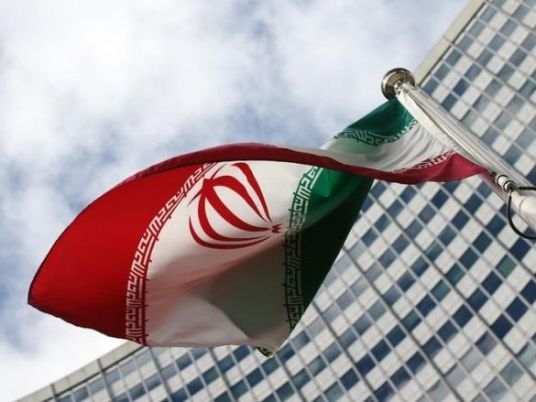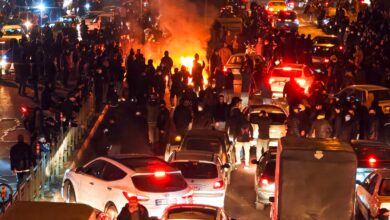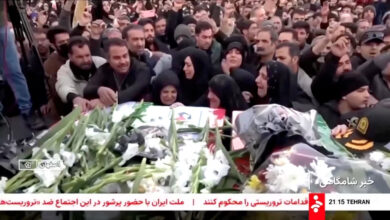
International Atomic Energy Agency (IAEA) chief Yukiya Amano will be in Tehran on Thursday to discuss monitoring sensitive nuclear sites with senior officials as major powers and Iran seek a breakthrough in forging a lasting nuclear agreement.
Iran and world powers gave themselves an extra week on Tuesday to reach an accord curbing Iran's nuclear program in exchange for sanctions relief, but US President Barack Obama warned there would be no deal if all pathways to an Iranian nuclear weapon were not cut off.
Western countries suspect Iran of seeking the capability to make a nuclear weapon. Tehran says its program is peaceful.
Major sticking points that remain between the two sides include access for UN nuclear inspectors to Iranian military sites, the pace and timing of sanctions relief for Iran and IAEA queries about Tehran's past activities that may have been related to atomic weapons research.
Amano will meet Iranian President Hassan Rouhani and other senior officials, the IAEA said in a statement on Wednesday.
"Discussions are expected to address ongoing cooperation between the IAEA and Iran," the IAEA said, and would cover "how to accelerate the resolution of all outstanding issues related to Iran's nuclear program, including clarification of possible military dimensions (PMD)."
Red lines
For more than a week, the sides have been working into the night trying to break an impasse in talks they feel have never been closer to success.
Western diplomats say they are nearing a resolution on access, although Iranian officials maintain that military sites are off-limits due to a red line set by Supreme Leader Ayatollah Ali Khamenei.
Iran has been accused of stonewalling the IAEA probe on its past activities, and Western officials have said some of the sanctions relief would depend on Iran's cooperation.
But diplomats say Iran will be reluctant to open up to IAEA investigators until the punitive sanctions are lifted.
Rouhani said on Tuesday Iran would resume suspended atomic work if the West broke its promises.
In a positive sign for the talks, Western diplomats said an IAEA report due out later on Wednesday would show that Iran had complied with a preliminary deal to reduce its low-enriched uranium stockpile.
An IAEA report in May said the stockpile had increased above the required level, but Tehran met a June 30 deadline to reduce it, the diplomats said on condition of anonymity.
Deadline missed
Tuesday was the official deadline to reach a long-term deal that would build on the preliminary agreement. But with the prize tantalizingly close and the atmosphere seemingly positive, the week-long extension came as no great surprise.
A successful negotiation could help ease decades of hostility between Iran and the United States. But many US allies in the region, including Israel and Saudi Arabia, are skeptical, as are hardliners in both Washington and Tehran.
The powers negotiating with Iran are the five UN Security Council permanent members – Britain, China, France, Russia and the United States – plus Germany.
The French and Chinese foreign ministers are due back in Vienna on Thursday, a French diplomatic source said. All the ministers are expected to meet on Thursday to take stock of where negotiations stand.
Under the November 2013 preliminary agreement, Iran agreed to take some steps to constrain its nuclear program in exchange for limited relief from sanctions.
Diplomats have said the real deadline is not June 30 but July 9, the latest the deal can be presented to the US Congress to limit to 30 days a mandatory review period before Obama can begin suspending sanctions. After that, the review would last 60 days, with growing risks a deal could unravel.




